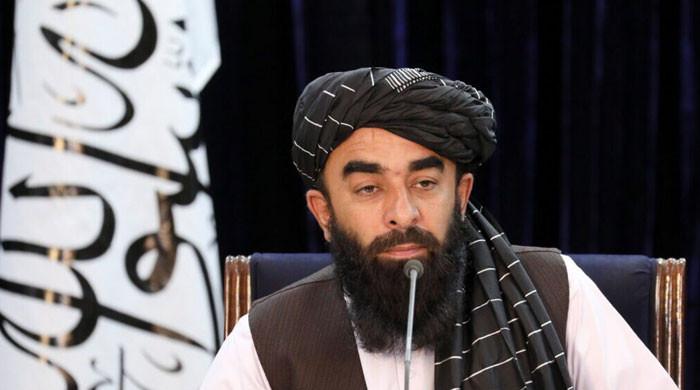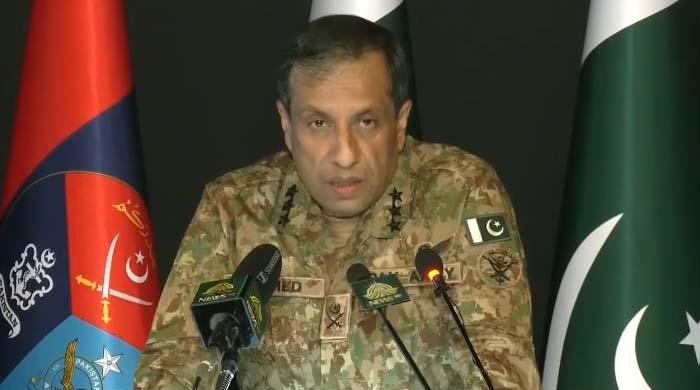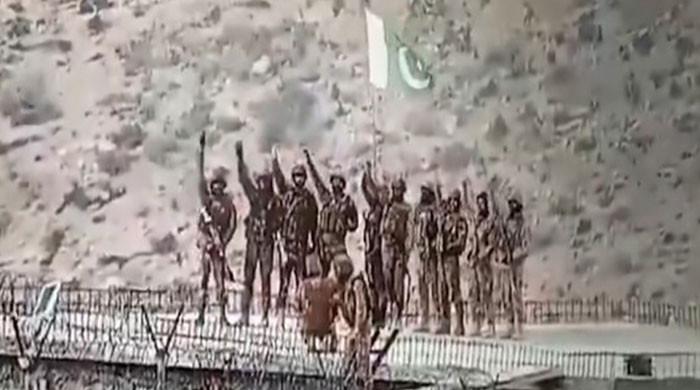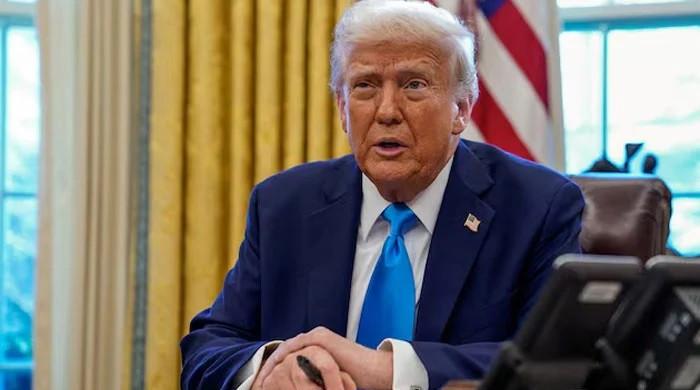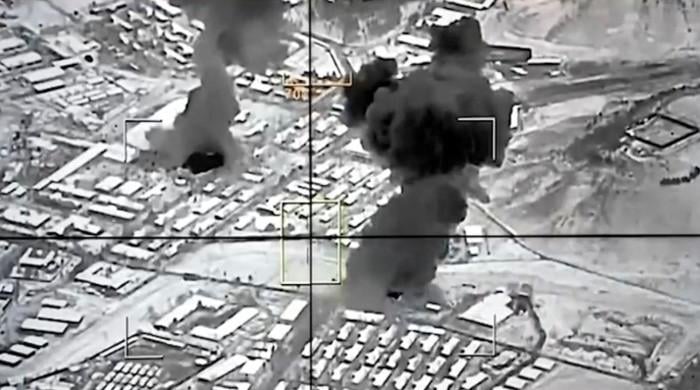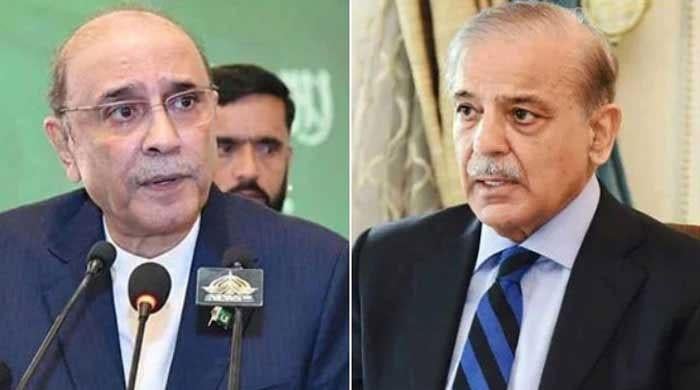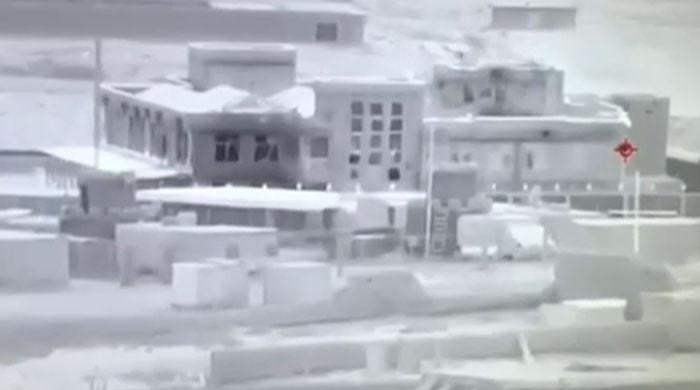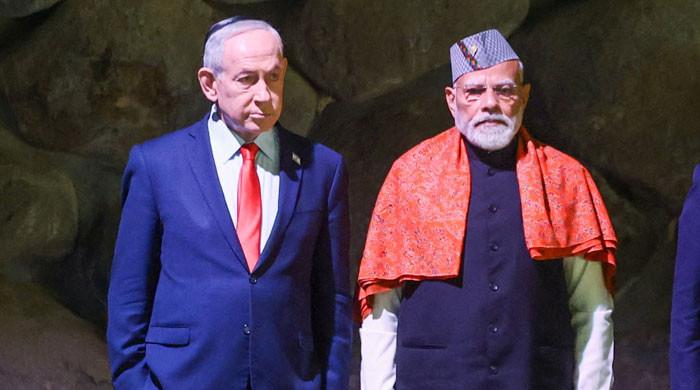Why has the National Action Plan been sidelined?
Even years after fighting a war with terrorists, Pakistan is still struggling to form a national narrative on terrorism
January 13, 2022
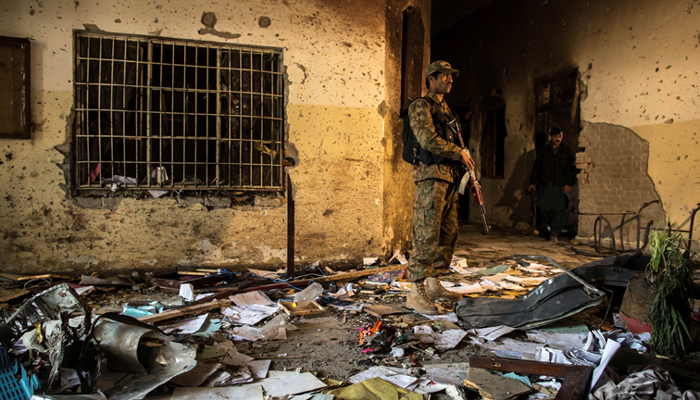
Where Pakistan stands in terms of countering terrorism and extremism is a question that needs to be addressed more than anything now.
The attack on the Army Public School in Peshawar on December 16, 2014 shook the nation and sent shockwaves across the globe. There was a unanimous realisation that a national consensus along with a thorough action plan was needed to counter the menace of extremist violence and terrorism.
While the military operations had been a success, but to root out terrorism, the National Counter Terrorism Authority (Nacta) and the Ministry of Interior in consultation with stakeholders outlined a 20-point National Action Plan (NAP) for countering terrorism and extremism at a much deeper level. It was later approved by parliament on December 24, 2014.
Under the National Action Plan, initially tangible and productive measures were taken, resulting in reduced violence, establishing the writ of the state in the tribal areas and merger of the former Federally Administered Tribal Areas (Fata) into the Khyber Pakhtunkhwa province. Military operations, particularly Operation Zarb-e-Azb in 2014 and Operation Radd-ul-Fasaad in 2017, were a decisive blow to the TTP and other militant networks in Pakistan.
Operation Zarb-e-Azb was targeted at the TTP and at Pakistan-Afghanistan border whereas Radd-ul-Fasaad was launched across the country aimed at ‘indiscriminately eliminating the “residual/latent threat of terrorism”. Operation Radd-ul-Fasad was initiated as a continuation of the National Action Plan.
Read more: National Action Plan body decides to immediately implement steps against extremism
A multipronged approach was used rather than just just a military offensive, including the establishment of military courts, intelligence-based operations across the country, countering urban terrorism and an emphasis on curtailing terror financing.
The ‘whole-of-nation approach’ that was opted by Operation Radd-ul-Fasaad aimed at affirming that ‘every Pakistani is a soldier’ and every individual has to play a part in countering violent extremism at his/her front.
Pakistan’s military has evolved in the realm of unconventional warfare and counterterrorism operations, so the military operations have been a success overall.
As the TTP’s infrastructure and organisational structure has been demolished, there is relative peace and stability in the Pak-Afghan tribal belt and the overall violence levels have dropped over the years – though there has been a resurgence of violence and attacks by the TTP on military and paramilitary forces in last few months.
Whenever needed, Pakistan utilised surgical means, but somehow the ideological battle of hate and intolerance is still to be fought at all fronts. At present, where Pakistan stands in terms of counterterrorism after seven years of the ill-fated APS attack is a question almost all Pakistanis are addressing.
Read more: 'Govt will have to analyse why NAP was not implemented in letter and spirit'
Unfortunately, the 20-point unifying agenda that was supposed to lead the country out of extremism and terrorism is a sidelined tool now.
Pakistan’s security and political landscape is shadowed by ever-increasing ethnic and sectarian discord. The challenges the country is facing in terms of conflict are getting more ethnic and sectarian, something that needs immediate intervention from all the stakeholders before they grow into an all out confrontation.
Terrorist attacks and suicide bombings in urban areas have reasonably been reduced but religious intolerance continues to be a grave issue. The tragic incident in Sialkot that took the life of an innocent Sri Lankan factory manager at the hands of a barbaric ferocious mob is a hint of what’s going to happen if these things are overlooked.
Over the past few years, the Tehreek-e-Labbaik Pakistan (TLP) has emerged as a serious security concern, as they keep exerting power and support. They have challenged the writ of the state on a few occasions, blocking roads, inciting hatred and violence and killing uniformed policemen.
Besides the internal security threats and conflict dynamics, the rising Islamic State Khorasan (ISK) poses a serious threat to South Asia, keeping in view the resumption of their activities in Afghanistan and their ambitions that go beyond Afghanistan.
The progression of ideological discourse and shift has already started and it will be alarming to see a compound threat matrix emerging out of this complex situation.
Here we can expect a lethal combo emerging out of TTP/BLA/ISK/LeJ, though many of these are hiding in sleeper cells. Besides, to achieve the same motives these proscribed terrorist/extremist groups have a tendency to group together or to attack each other in combos. Whatever the situation arises, it will be disastrous for the country if not timely countered, keeping in view the strangled economy and political upheavals.
Read more: There are 'no sacred cows' in Pakistan, PM Imran Khan tells Supreme Court
What exactly needs to be done now is a question that needs an answer now more than ever. The biggest hurdle so far in the implementation of the National Action Plan is the lack of civilian ownership. Somehow the civil institutions and governments have been unable to execute the plan in its true spirit.
Even years after fighting a war with terrorists, Pakistan is still struggling to form a national narrative on terrorism. This ambiguity will lead us nowhere; rather slowly and gradually the intolerance and extremism are consuming society from inside out.
First and foremost, Pakistan’s criminal justice system needs overhauling from top to bottom as mentioned in NAP. Mass-scale police reforms are needed if we want to fight the threat of violent extremism that’s plaguing our society.
The government should take control of the madrassas and instill thorough seminary reforms throughout the country. No group should be allowed to spread hatred, incite violence and challenge the writ of the state, especially in the name of religion.
Societies where culprits roam freely fast become a jungle without any respect for human life and law. It is time to punish all those who are involved in extremist/violent activities including all those who were involved in mercilessly killing the Sri Lankan citizen in Sialkot.
The message should be loud and clear: ‘no space for intolerance, hatred and violent extremism’.
Educational institutions and youth should be actively engaged to work on de-radicalisation, religious and sectarian harmony through training and workshops. Nacta was given the role of a monitoring body of NAP. It should now monitor and evaluate what has been achieved and what needs to be done on an urgent basis to counter the surge of violent extremism.
De-radicalisation of society is a challenge and the government needs to bring all civil-military stakeholders together on a table to address this issue. There is a need to examine the core area that instigate and facilitate the rise of extremism in Pakistan.
All those who chose to remain silent and close their eyes to the looming threats will regret sooner or later. The government must act promptly and unfalteringly to address the religious, ethnic and sectarian issues before they catch fire and innocent blood is spilled in the name of religion.
It’s imperative to calm the ashes of hate and intolerance before they are fueled again. The only thing Pakistan needs right now is will and a steady resolve to fight extremism in the country with proper mandate, mechanism and authority.
The writer is an Islamabad-based independent researcher in the field of conflict studies and military psychology.
Originally published in The News




